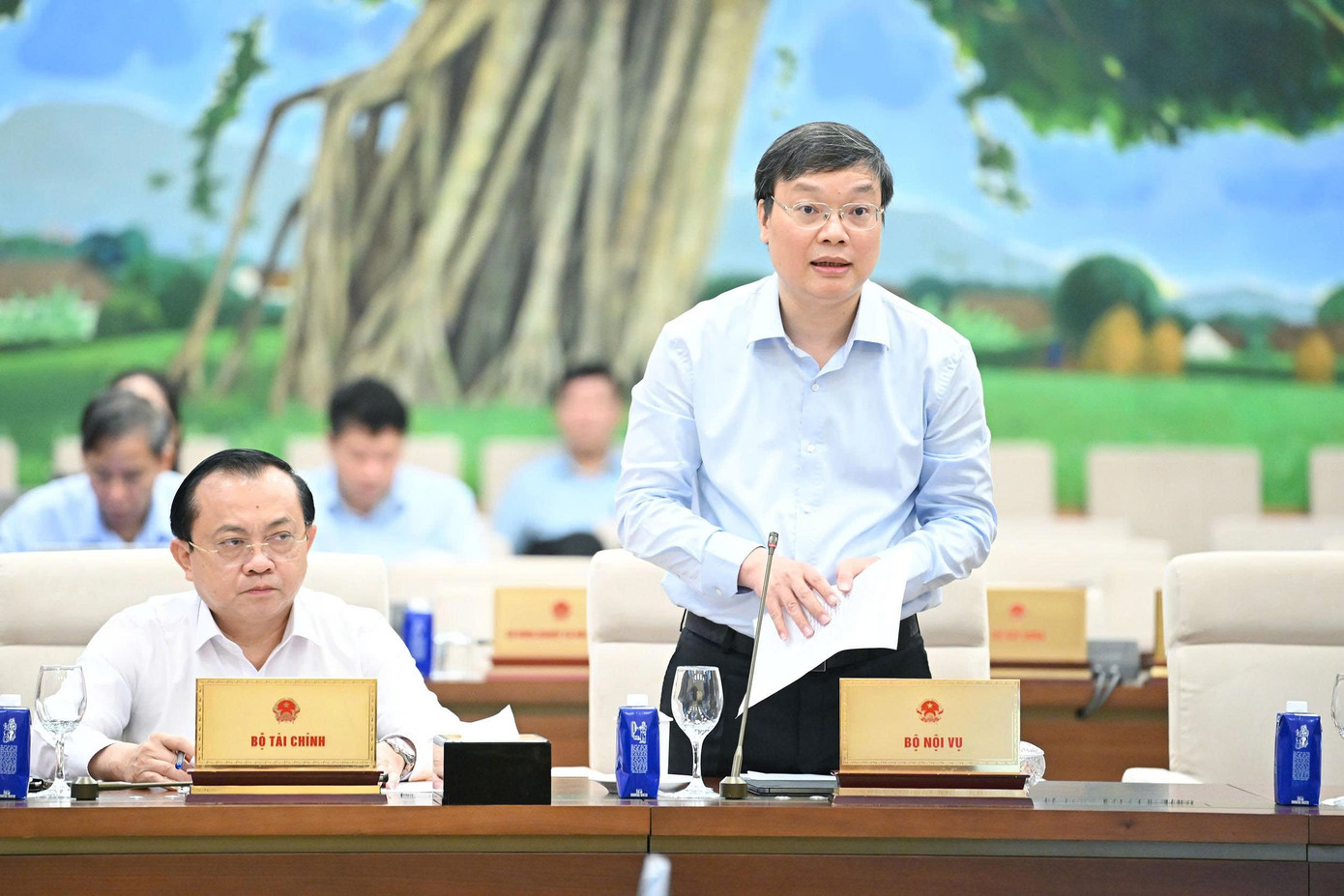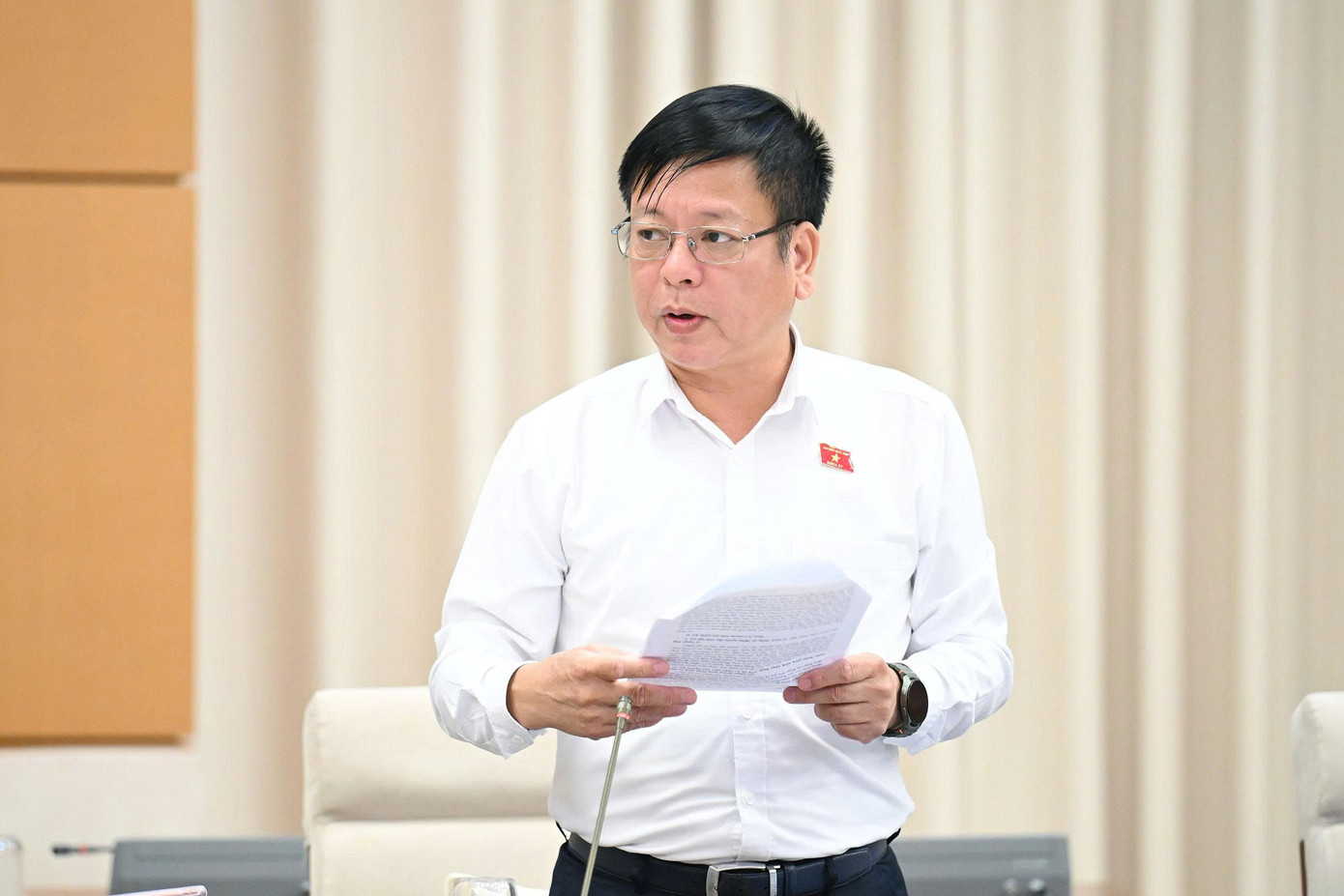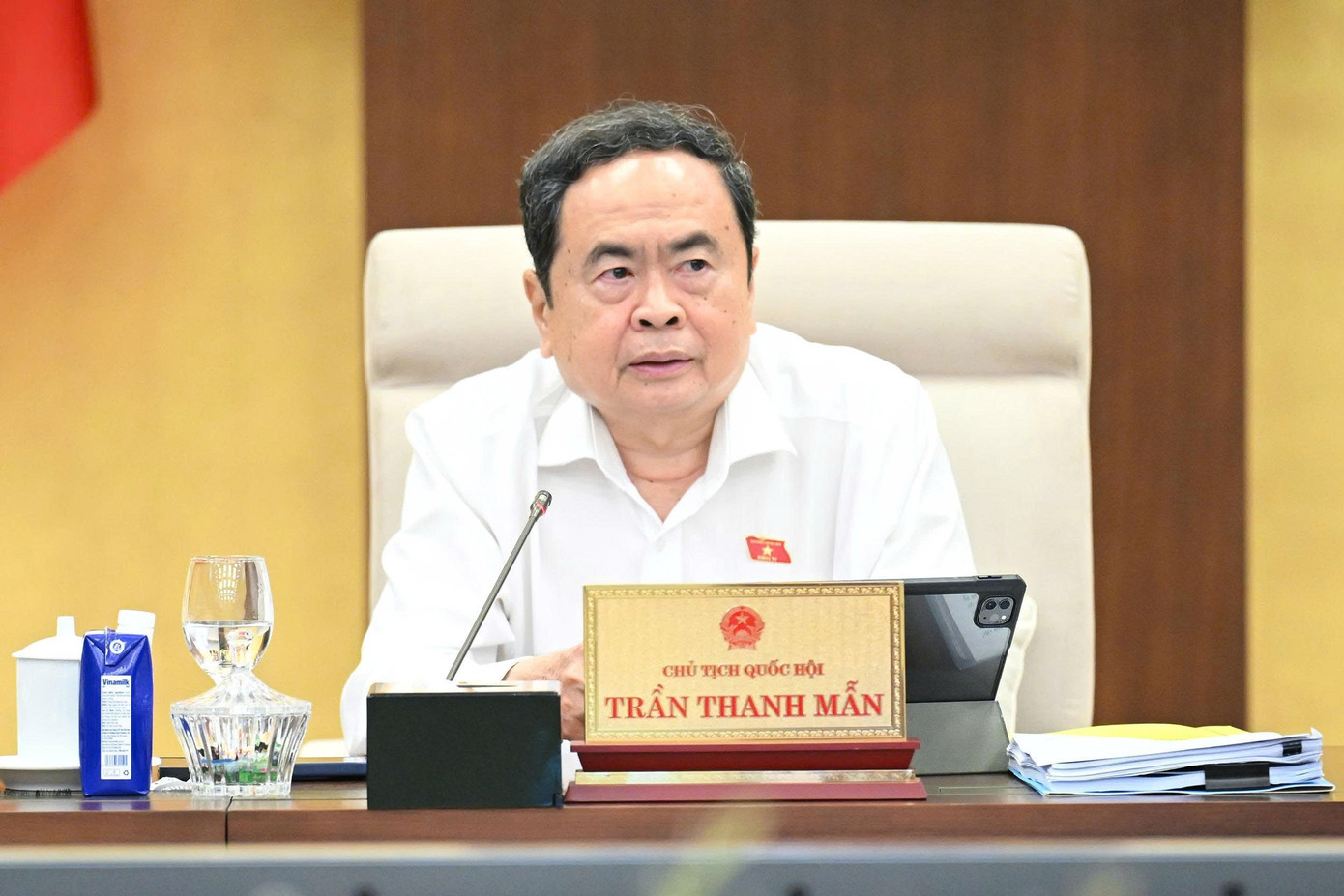Multi-Dimensional Evaluation Based on Work Outcomes
On the morning of September 29, the Government submitted the draft Law on Civil Servants (amended) to the National Assembly Standing Committee. Representing the submitting agency, Deputy Minister of Home Affairs Truong Hai Long stated that the draft law aims to innovate mechanisms and methods for recruiting, employing, and managing civil servants based on job positions.
This amendment introduces a new approach to civil servant recruitment, clearly defining two recruitment methods: competitive examination and direct appointment. It also includes provisions for accepting individuals with work experience from both public and private sectors into civil servant roles.

Deputy Minister of Home Affairs Truong Hai Long. Photo: QH
Additionally, the amended law expands the rights of civil servants, allowing them to sign contracts for professional activities, invest in, and manage businesses, provided that anti-corruption laws do not prohibit it and there are no conflicting provisions in specialized laws. This aligns with laws on science and technology, and education and training.
The draft law defines job positions in public service units as managerial, professional, and support roles. It also aims to institutionalize policies encouraging innovation among civil servants, protecting proactive and creative individuals who take calculated risks for the common good.
The Government proposes a new evaluation mechanism to enhance the quality and efficiency of public service delivery. The draft outlines principles and authorities for continuous, multi-dimensional evaluations based on work outcomes, service quality, and public satisfaction from citizens, organizations, and businesses.
Notably, the amended law emphasizes the use of digital technology to create a national database of civil servants, ensuring transparency in evaluation, management, and development. It also establishes a mechanism to filter out underperforming civil servants.
Selecting Officials with “Integrity, Competence, Dedication, and Stamina”
Representing the reviewing agency, Deputy Chairman of the Law and Justice Committee Nguyen Truong Giang stated that the committee supports the shift to managing civil servants based on job positions, as outlined in the draft law, to align with current public sector reform trends.

Deputy Chairman of the Law and Justice Committee Nguyen Truong Giang. Photo: QH
The committee also supports allowing civil servants to enter labor or service contracts with other entities, provided these do not conflict with their employment agreements or legal prohibitions, to leverage their professional expertise.
Regarding civil servant recruitment, the committee recommends that the authority to recruit should rest with the competent agency managing the public service unit. In some cases, recruitment authority may be delegated to the head of the public service unit, as specified by the Government.
“This aligns with the Local Government Organization Law and supports decentralization, fostering autonomy and creativity in public service units, thereby enhancing their operational efficiency,” Mr. Giang explained.
Speaking at the session, National Assembly Chairman Tran Thanh Man emphasized the need for transparency and abuse prevention in recruitment. “Flexibility is important, but recruiting unqualified individuals is unacceptable.”

National Assembly Chairman Tran Thanh Man. Photo: QH
Stressing that “officials are the backbone of the work,” the Chairman emphasized the importance of selecting individuals with integrity, competence, dedication, and stamina (including good health) who are passionate about their work.
“How will we establish an evaluation system for civil servants moving forward? The Party already requires evaluations every three months, so civil servants must also be assessed for performance, rather than being permanently entrenched in the system,” the Chairman noted.
Furthermore, the Chairman highlighted the need to balance expanded rights with responsibilities to protect collective interests. Building a professional civil servant corps requires flexible recruitment mechanisms, safeguards for legitimate rights, and alignment with relevant laws.
The amended Law on Civil Servants will be presented to the National Assembly for consideration and approval at the 10th Session, commencing in October.
Streamlining Operations: Ho Chi Minh City Accepts Voluntary Resignations and Retrenchments
“The Chairman of the Ho Chi Minh City People’s Committee has requested that, from now until the completion of the reorganization of the apparatus in line with the Central Government’s orientation, all agencies and units temporarily halt the recruitment of civil servants, including those at the commune level. This also includes a pilot plan to hold competitive exams for leadership positions at the departmental level and equivalent in 2024.”
The Evolution of Civil Servants’ Salaries: An Insider’s Perspective
The Ministry of Home Affairs has received a proposal from Cao Bang Province regarding public sector salary reform.


















